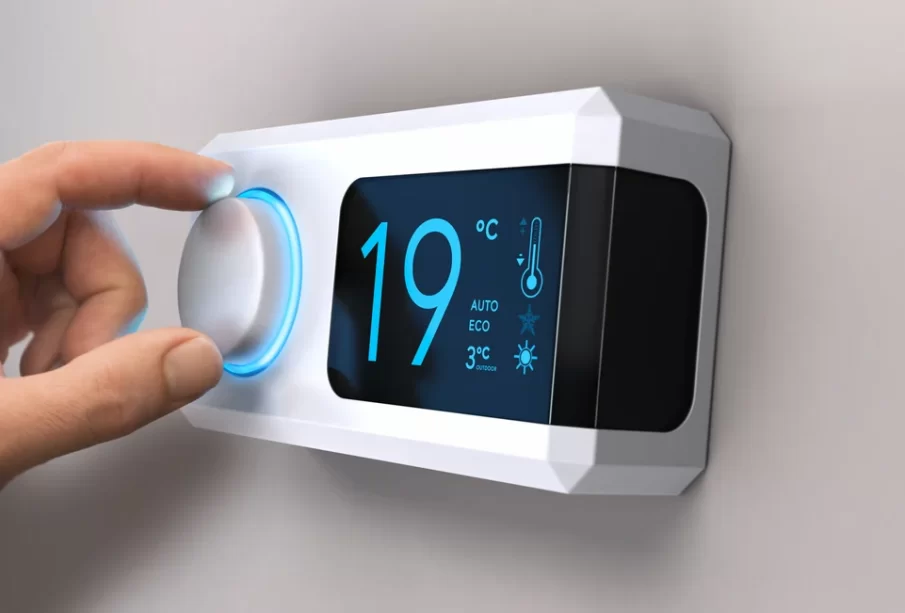Which energy efficiency features should you look for in a condo?

Energy efficiency features in condominiums can dramatically reduce monthly utility costs while enhancing comfort and supporting environmental sustainability. When reviewing properties, detailed information sources like the River Modern Brochure often highlight energy-saving elements, but knowing which features deliver genuine value helps buyers make smarter purchasing decisions. Looking beyond marketing materials to identify substantive efficiency measures ensures you’ll enjoy lower operating costs throughout your ownership.
Window warriors
Windows play a crucial role in condominium energy performance, acting as thermal barriers or energy drains depending on their quality. High-performance windows with double or triple glazing provide substantial insulation value compared to single-pane alternatives.
- Low-E glass coatings that reflect heat while admitting light
- Thermal breaks in window frames that prevent heat transfer
- Proper weatherstripping and sealing around all openings
- South-facing windows for passive solar gain in colder climates
- Strategic shading features for windows with heavy sun exposure
Quality windows reduce heating and cooling costs and enhance comfort by eliminating drafts and cold spots near window areas. They additionally reduce outside noise infiltration, creating a more peaceful living environment, which is particularly valuable in urban condo settings.
Insulation intelligence
Effective insulation represents one of the highest-return energy investments in condominiums, though it’s often hidden behind walls and between floors. Superior insulation systems maintain comfortable temperatures while reducing heating and cooling demands. When evaluating a condo’s insulation, examine disclosure documents for specific R-values rather than general statements about “enhanced” insulation. Higher R-values indicate greater resistance to heat flow and better energy performance. Beyond wall insulation, check for acoustic insulation between units and floors that serves the dual purpose of sound dampening and thermal separation.
HVAC heroes
Heating, ventilation, and air conditioning systems constitute major energy consumers in condominiums. Modern, efficient systems can reduce energy consumption by 20-30% compared to standard equipment just a decade old.
- Variable-speed fan motors that adjust output based on actual needs
- High-efficiency heat pumps for both heating and cooling functions
- Smart thermostats with programmable schedules and remote management
- Energy recovery ventilators that capture heat from exhaust air
- Zoned systems allowing independent control of different areas
Beyond equipment specifications, check whether the condo’s mechanical rooms are properly insulated and whether ductwork is sealed and insulated throughout common areas. These often-overlooked elements can significantly impact system performance regardless of equipment efficiency ratings.
Smart building systems
Building automation features increasingly differentiate energy-efficient condominiums from conventional properties. These technologies optimise energy usage without requiring constant resident attention. Motion-activated lighting in common areas eliminates wasted electricity in rarely-used spaces while maintaining safety and convenience. Automated exterior lighting with photocell controls ensures lights operate only when needed rather than on fixed schedules, regardless of natural light conditions. Intelligent building management systems monitor and adjust standard area temperature settings based on occupancy patterns and weather forecasts.
Water-saving wonders
Water efficiency reduces water bills and energy consumption associated with water heating. These interconnected systems create multiple savings streams for condo owners.
- Low-flow fixtures that maintain performance while reducing water usage
- Dual-flush toilets offering appropriate water volume for different needs
- High-efficiency water heaters with superior insulation and recovery rates
- Recirculation systems that deliver hot water quickly without wasteful running
- Separate metering systems that encourage conservation through direct billing
Water efficiency measures reduce direct water costs and lower water heating expenses, typically representing 15-20% of residential energy consumption. They additionally reduce the building’s environmental footprint while conserving increasingly precious water resources.











